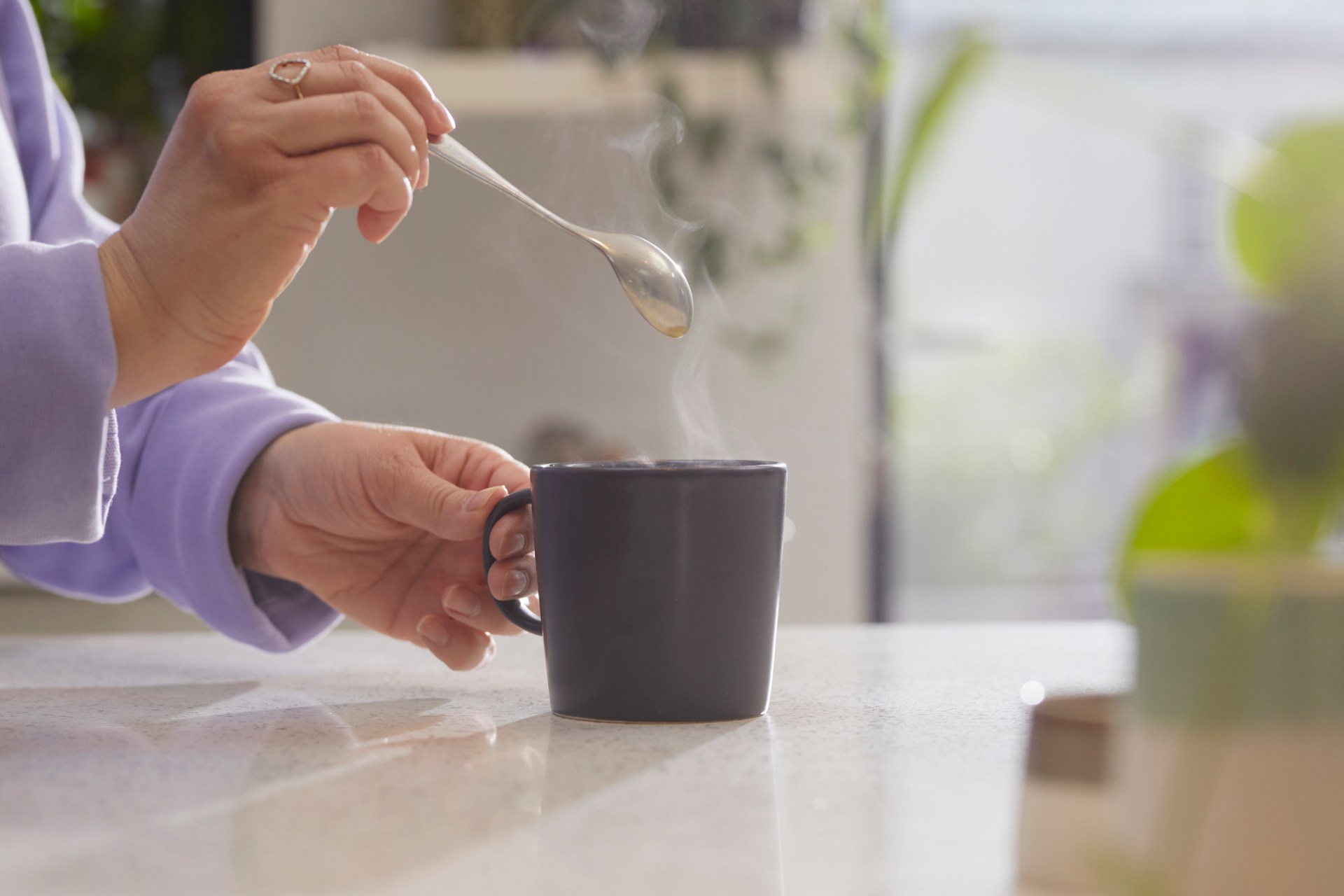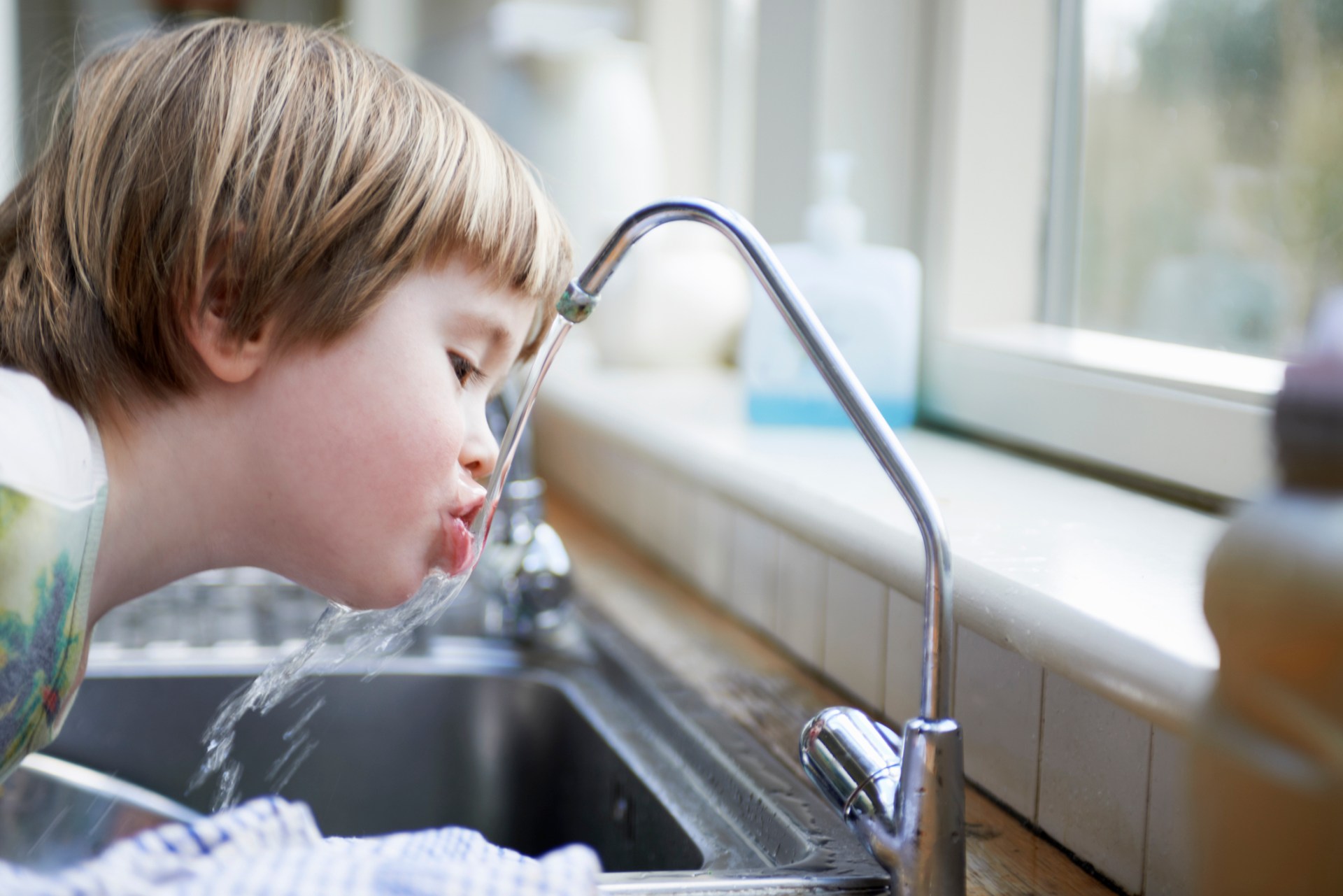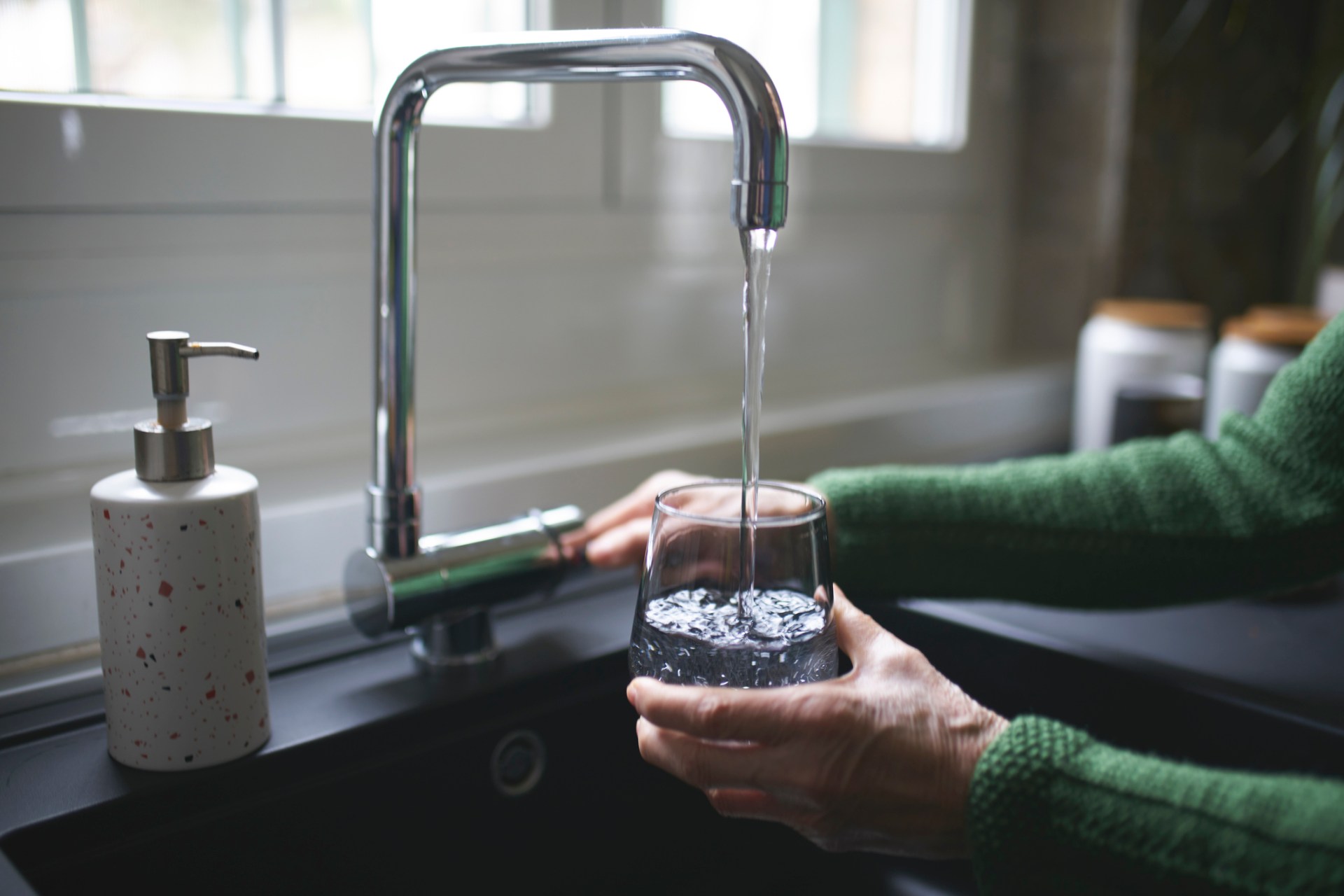
We all understand that we ought to be drinking more water , but for many of us, our daily fluid consumption frequently includes far too many crisp Diet Cokes. Cokes At our desks and some wine after work.
Buying giant Stanley Cups This might prompt some individuals to drink a bit more water, yet for others, only a significant change will lead them towards reaching for the faucet.
Our bodies are made up of about half water, and every day we lose part of this via respiration and perspiration. Therefore, it’s crucial to continuously restore what we’ve lost. Otherwise, survival becomes impossible within just a handful of days. (How radical does that sound?! )
Not replenishing enough water each day can cause us to become dehydrated and according to Dr. Jonathan Webster, this can have a major impact on our health and wellbeing.
The Doctify GP tells there are various unpleasant side effects of dehydration such as headaches, confusion, fatigue, constipation, difficulty concentrating, and urinary tract infections (UTIs).
If you've never had a UTI, consider yourself lucky, as they can be agony . Trust me, it’s not something you want to have to deal with.

Therefore, how much liquid should we actually consume to prevent all this unpleasantness?
According to the NHS , many of us require approximately 1.5 to 2 liters daily, and although plain water is ideal for this purpose, these fluids can also be obtained from different foods and beverages containing water, like tea and coffee , along with items such as milk, melons, soups, and stews.
This suggestion is quite broad; however, the precise quantity of fluids an individual needs may differ based on their age and gender. Dr. Webster has provided a more comprehensive guide outlining daily intake recommendations according to various stages of life.

For children aged 4 to 8 years old: 1.2 liters of water daily.
Young children Children younger than eight years old should target approximately 1.2 litres of fluid intake daily, as stated by Dr. Webster. This amounts to around six to eight glasses of 200 millilitres each.
‘Their bodies are still developing and hydration is crucial for brain function, digestion and regulating body temperature,’ he explains.
But the expert warns you’ll likely have to encourage the little ones to drink regularly, as they might not be able to recognise that they are thirsty.
For teenagers, the recommended daily water intake is between 1.6 to 1.9 liters for boys and 1.5 liters for girls each day.
It turns out that adolescents require more fluids than many adults, particularly those aged from 14 to 18 years old. This stage marks an important phase of development where their requirement for hydration increases significantly; thus, water plays a crucial role in keeping up their energy levels, boosting metabolic functions, and enhancing muscular performance.
Adolescent males require slightly more hydration compared to females, with Dr. Webster suggesting they should aim for 1.6 to 1.9 litres of water daily.
For adolescent females, the requirement is slightly lower at 1.5 liters.
As a guideline, 1.5 liters to two liters is approximately equal to three to four pints of water. You can use this for a general estimate.

Adults under 60: 1.6 litres for women and 2 litres for men per day
For individuals below 60 years old, the typical recommendation is that men should consume about two liters of water daily, whereas women should aim for approximately 1.6 liters.
Dr. Webster points out that elements like exercise, weather conditions, and dietary habits can affect personal requirements.
He mentions: 'Adequate hydration assists in regulating body temperature, supporting kidney function, and improving focus.'
Individuals aged above 60 years old should aim for 1.6 to 2 litres of water daily.
People above the age of 60 should strive for a daily fluid intake of around 1.6 to 2 liters, applicable to both males and females. It's crucial for everyone to consume sufficient fluids as they advance in years.
According to Dr. Webster, this occurs due to the decrease in our thirst sensation as we get older, which increases the likelihood of becoming dehydrated.
It’s essential to stay hydrated since it aids joint health, promotes digestion, and helps in preventing urinary tract infections.
The specialist emphasizes: 'Making a deliberate attempt to consume consistently is crucial.'
How to tell if you're dehydrated
According to the NHS , the best way to tell if you’re dehydrated is to check the colour of your urine .
If you're consuming adequate fluids, it ought to resemble the color of white wine. If it’s any darker, you might want to consider having a glass instead.
Elements influencing your required water intake
Healthcare experts say that the precise quantity can differ based on factors such as a person’s age, gender, how active they are, the weather conditions, and their overall health status.
Dr. Nadira Awal, a general practitioner endorsed by Doctify and the founder of Pause and Co Healthcare, has provided insights into the factors that might necessitate increased water consumption for an individual.
Nevertheless, she issued a crucial caveat, stating that 'although these guidelines offer a broad outline, the most reliable sign of proper hydration is often heeding your body’s signals and checking the color of your urine.'
She continued: ‘Thirst is a reliable indicator that your body requires more fluids, while pale yellow urine typically suggests enough hydration.’
Pregnancy and Breastfeeding
Dr. Awal asserts that a woman's fluid needs increase during pregnancy and lactation.
She states: "When pregnant, the suggested daily consumption is roughly 10 cups (2.3 liters). This increased requirement continues afterward, especially for those who are breastfeeding. Breastfeeding mothers ought to target around 13 cups (three liters) of water every day to aid in milk production and maintain their hydration levels."
Physical activity levels
Exercise or strenuous physical work can ‘drastically’ raise fluid requirements.
It is recommended that you drink two cups of water before starting exercise and then have one cup every 15 to 20 minutes of activity you carry out. Then continue to drink water after your workout to replenish any fluids lost through sweat.
Climate and environment
Where you live can also be a factor, depending on whether there’s a lot of hot weather, or if you’re at a high elevation.
According to Dr. Awal, both of these things can cause increased fluid loss, as people tend to lose water through sweat and respiration.
‘Individuals in these conditions should be especially mindful of their water intake, seeking to drink water on a regular basis throughout the day, even if they do not feel thirsty,’ she advises.
Health issues
If you have symptoms like fever, vomiting, or diarrhea, it’s essential to boost your fluid intake to replace what has been lost and prevent dehydration.
Dr. Awal asserts: "The precise quantity needed may differ based on the severity and length of the illness, however, typically, aim to consume sufficient fluids to keep your urine light-colored and prevent feeling thirsty."
Have a tale you'd like to tell?
Reach out via email LifestyleTeam@.co.uk .
Subscribe to 's The Slice newsletter for your go-to resource on all things happening in London, featuring reliable reviews, promotions, and contests.
Komentar
Posting Komentar